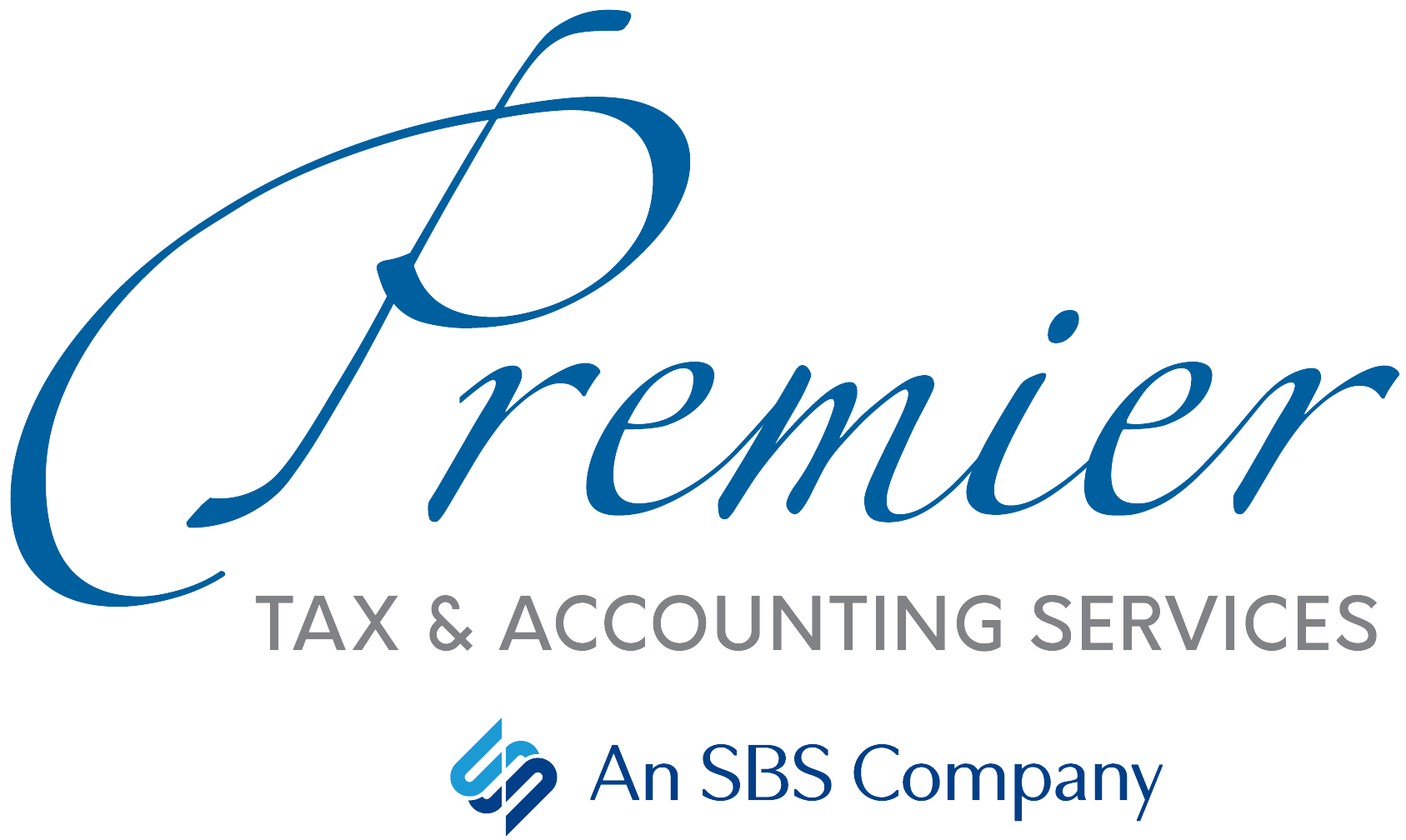While tax laws are complicated, most common tax return errors are surprisingly simple. While we’ll do everything possible to help you avoid these mistakes, it’s important for you to know what they are and how to avoid them. Many errors can be avoided by filing electronically, which is how we file all the returns we complete.
#1: Don’t File Too Early
While you don’t want to file late, you should avoid filing as soon as the IRS begins accepting returns (January 24 this year). If you file before you receive all the necessary tax reporting documents, you risk making mistakes, incurring processing delays or even reducing your refund.
#2: Check Your Details
Missing or inaccurate Social Security numbers will cause problems, so beware of transposing numbers. Likewise, the names listed on your tax return should match the names on each person’s Social Security card.
#3: Gather All Your Paperwork
Wages, dividends, bank interest and other income received must all be entered (and added up correctly). We’ll need copies of all your information returns (i.e., W-2s, 1099s, etc.) to be sure nothing is left out.
#4: Know Your Filing Status
It’s possible to choose (and use) the wrong tax-filing status, especially if more than one filing status applies. Let us help you determine the best filing status for your situation. (See the article below for more details.)
#5: Double-Check the Math
Math errors are some of the most common mistakes, and they typically occur if you’re still filing your taxes by mailing in a paper return. We use professional-level tax-filing software and file electronically, which eliminates these types of errors. Input errors can still occur, so we always double-check the math — and ask you to do the same.
#6: Figure Credits and Deductions
With such intricate tax laws, it’s easy to overlook money-saving credits and deductions — Earned Income Tax Credits, Child and Dependent Care Credits, Child Tax Credits, Recovery Rebate Credits and others. We’ll make sure that you get credit for each and every possible deduction so you don’t pay more in taxes than required.
#7: Verify Bank Account Numbers
If you are due a refund, you should choose direct deposit to get your money quick and easy. However, be sure to include the correct routing and account numbers on your tax return, especially if you’ve recently changed banks or accounts.
#8: Sign Your Return
Your tax return must be signed to be valid. For a joint return, both spouses must sign unless one spouse is a member of the armed forces or there’s a valid power of attorney. When you file electronically, you can “digitally” sign your return before sending it to the IRS.
Avoid Costly Errors
When we process and file your tax return, we look at every possible way to save you money, while also ensuring that everything is done correctly and on-time. The more information you can give us — and the sooner you can do so — will ensure the best possible outcome.
We have begun processing 2021 federal and state tax returns. When you’re ready, you may drop off your paperwork at our office during regular business hours. We also have an after-hours dropbox out front to make it even more convenient. If you have an unusual situation or questions, please don’t hesitate to contact us at 706-632-7850 or email our office manager, Kimberly Mortimer, at kimberly@premiercpaservices.com.
We ask that you use our 2021 Tax Preparation Checklists (Personal and/or Business) to help make sure you’ve gathered all the necessary documents. Just click here to download:
Do You Know Your Correct Filing Status?
Your tax-filing status typically depends on whether you are considered married or unmarried on December 31, 2021. But more than one filing status may apply, so you can typically choose the one that allows you to owe the least amount of tax.
Five Tax-Filing Statuses
Your filing status affects whether you must file a federal tax return, your standard deduction amount, various tax credits and more. Familiarize yourself with each of these five options to choose your correct filing status.
- Single. This applies if you are unmarried, divorced or legally separated.
- Married filing jointly. If you are married, you can file a joint tax return with your spouse. If your spouse died in 2021, you can still use married filing jointly as your filing status for 2021 in most cases.
- Married filing separately. If you are married, you can choose to file a separate tax return from your spouse. Choose this if you want to be responsible only for your own tax, or if it results in less tax than filing a joint return.
- Head of household. If you are unmarried, you may be able to file using this status in certain circumstances. For example, you must have paid more than half the cost of keeping up a home for yourself and a qualifying person living in your home for at least half the year.
- Qualifying widow or widower with dependent child. This status applies if your spouse died in 2019 or 2020, you didn’t remarry before the end of 2021, and you have a dependent child. Other conditions may also apply.
We can help you determine the correct — and most tax-advantageous — filing status for your situation. If you have any questions or are unsure of your status, contact us today. You can also use the IRS Interactive Tax Assistant to help determine your filing status.
Money Minute: New Child Bonus
Do you have a new baby? If you are a parent or guardian who added a child to your family last year, you may be eligible to receive up to $1,400 by claiming the Recovery Rebate Credit. This applies if you did not receive a third-round Economic Impact Payment for that child.
Money Minute: Adoption Tax Credit
If you adopted or started the adoption process last year, you may qualify for the Adoption Tax Credit. This applies to international, domestic, private, and public foster care adoption. (It does not apply if you adopt your spouse’s child.) The maximum credit is $14,440 per eligible child, depending on your income. An eligible child must be younger than 18, or physically unable to take care of themselves if older than 18.
IRS Video Tax Tip
Families may be eligible for various tax credits, such as the Earned Income Tax Credit, the Child Tax Credit, and the Child and Dependent Care Credit.



